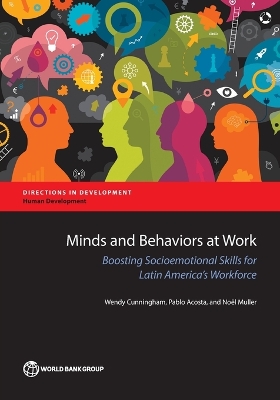Although the Latin American region has shown an impressive growth in educational attainment over the past two decades, that education has failed to yield expected benefits. A mounting body of research and policy debates argues that the quantity of education is not an adequate metric of human capital acquisition. Rather, individuals' skills - what they actually know and can do - should stand as policy targets and be fostered across the life course. Evidence from around the world shows that both cognitive and socio-emotional skills are demanded by employers and favorably affect a range of outcomes, including educational attainment and employment outcomes. Through original empirical research investigating the role of cognitive and socio-emotional skills in shaping adults' labour market outcomes in Bolivia, Colombia, El Salvador, and Peru, supplemented by similar studies in other Latin American countries, this review confirms that cognitive skills matter for reaping labour market gains in terms of higher wages and formal jobs in Latin America; but so do socio-emotional skills. Moreover, socio-emotional skills seem to particularly influence labour force participation and tertiary education attendance as a platform to build knowledge. The study also presents a policy framework for skills development by: (i) providing insights by developmental psychologists about when people are neuro-biologically, socio-emotionally, and situationally ready to develop socio-emotional skills, and (ii) suggesting new directions in cognitive development.
- ISBN10 1464808848
- ISBN13 9781464808845
- Publish Date 30 September 2016
- Publish Status Active
- Publish Country US
- Imprint World Bank Publications
- Format Paperback
- Pages 142
- Language English
